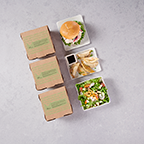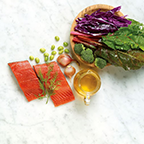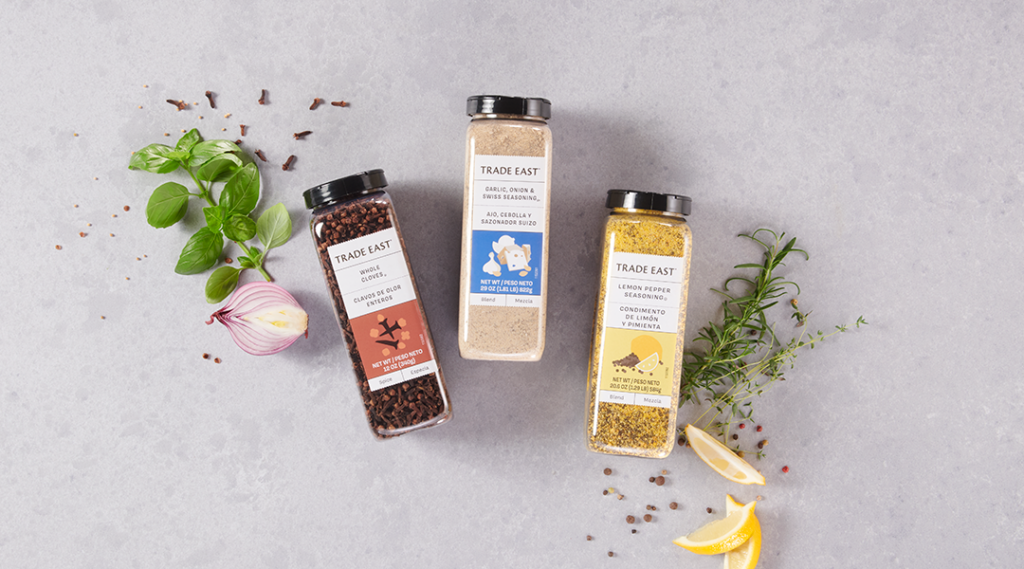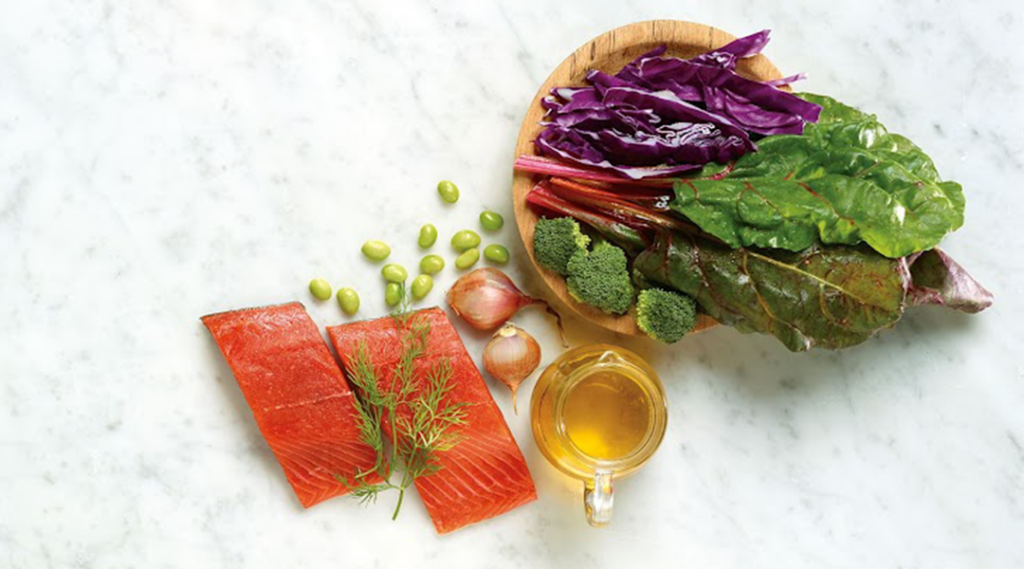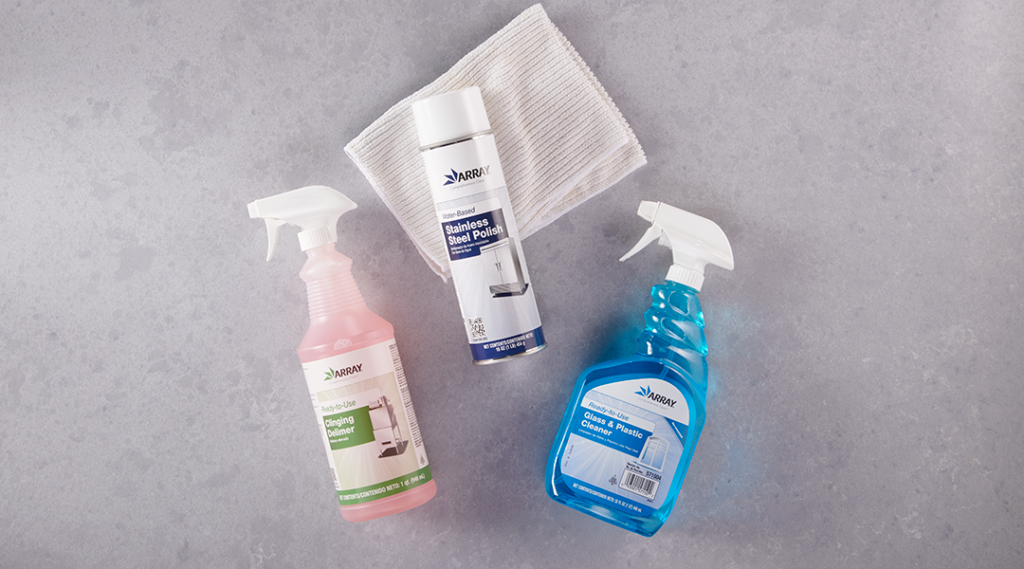In hopes of reducing health risks, all foods sold in Canada will be made without the use of partially hydrogenated oils.
Starting this autumn, food will be getting healthier in Canada. That’s because Health Canada’s ban on partially hydrogenated oils (PHOs) takes effect September 15, 2018.
PHOs are artificial trans fats commonly used in foods prepared and sold in restaurants, such as french fries, doughnuts, certain margarines, pastries, baked goods and even crackers and chips. PHOs enhance flavour and extend the shelf life of foods. After the ban goes into effect, it will be illegal to sell any food—at stores or restaurants—containing PHOs.
Trans fats are man-made and were created as an alternative to saturated fats. Trans fats are found naturally in small amounts in meat, milk and butter. But most trans fats are made by adding hydrogen to vegetable oils, turning them from a liquid to a partially solid fat.
Linked to health problems
Over the years, trans fats have been of growing concern in the food industry because of negative health effects. Research has shown the same fatty acids extending the shelf life and preserving the flavour of foods are increasing the risk of coronary heart disease, one of the leading causes of death in Canada (Health Canada 2017). In addition, these fats also have been linked to an increase in heart attacks and strokes as well as the development of diabetes. According to Health Canada, consuming more trans fats can increase the risk of developing heart disease, because trans fat can raise levels of bad cholesterol and lower good cholesterol.
During the 1990s, Canada was reported as having one of the highest levels of trans fat intake in the world (Health Canada, 2018). Since then, efforts have been made to reduce the amount of industry-produced trans fats in food, including limiting the amount of trans fat allowed in food. Even so, Health Canada recognized more progress was needed to lower trans fat consumption and introduced regulations that banned using PHOs in Canada. The United States instituted a similar ban in June.
The ban is part of Canada’s Healthy Eating Strategy, making it easier for Canadians to make healthier food choices. With the ban in place, The Canadian Press says, “it will be illegal to sell any foods containing PHOs.” All foods sold in Canada will adhere to the ban, including imported foods prepared and sold in foodservice establishments. PHOs will also be added to Part 1 of the “List of Contaminants and other Adulterating Substances in Foods.”
Promoting better health
The removal and/or replacement of trans fats is expected to result in improved nutritional quality of foods and an increase in consumption of foods low in saturated fats. More importantly, it is expected to increase the availability of healthier products and decrease the risk of heart disease.
Restaurants and other food sellers have been adjusting recipes and menus in the year since the ban was announced in 2017. Food manufacturers have been experimenting with their product formulas and improving the nutrition and quality of their products. With the PHO ban, all will be playing an important role in improving the health of individuals nationwide.
Finding solutions
As enforcement goes into effect, everyone is finding ways to comply.
What the food industry is doing:
- Using saturated fats such as butter, but in much smaller amounts
- Using saturated vegetable fats, including palm and coconut oils
- Using a blend of monounsaturated or polyunsaturated vegetable oils to get the shelf-life, taste and texture of trans fats
What you can do:
- Use canola oil for deep-frying
- Replace salad dressing and other ready-made sauces with other brands or making them from scratch using canola or olive oil
- Switch to desserts (icings, pastries and cakes) made without trans fats




